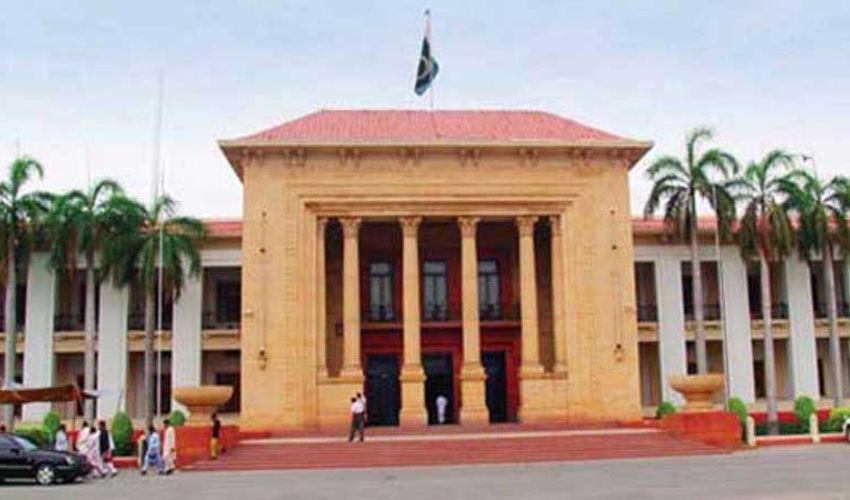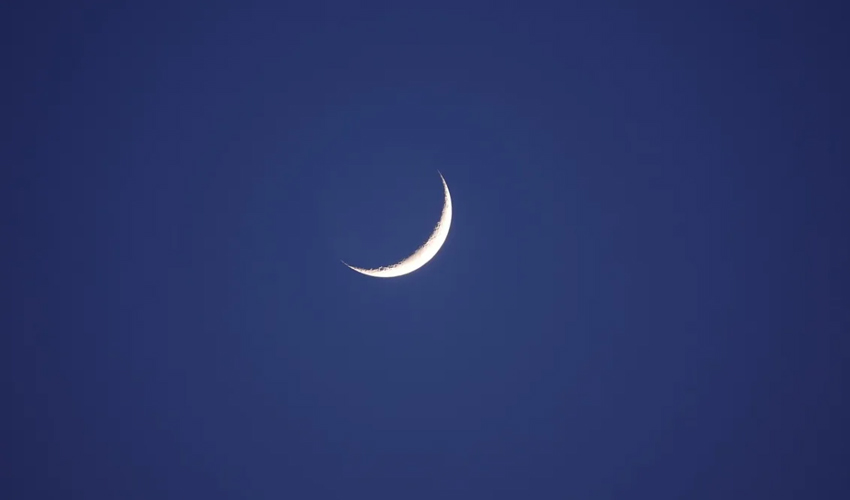In a major development, Punjab’s Minister of Parliamentary Affairs, Mujtaba Shuja-ur-Rehman, presented the Defamation Punjab 2024 bill in the Punjab Assembly.
The proposed legislation aims to curb the spread of fake news across print, electronic, and social media platforms.
The bill addresses the pervasive issue of misinformation on platforms such as YouTube, TikTok, Twitter, Facebook, and Instagram. It targets not only news that invades private life but also content that disrupts public space.
Special tribunals will be established to expedite the handling of defamation cases, with a mandate to resolve them within six months.
Key provisions of the bill include a compensation clause of Rs 3 million for affected individuals. Additionally, the government will provide access to a legal team to support those pursuing defamation claims.
Despite requests from journalistic bodies to delay the bill, the government has decided to move forward, emphasizing the urgency of addressing fake news.
Despite the government’s efforts to tackle fake news, the bill has faced considerable opposition. Journalistic organizations, who met with the provincial minister of information, urged the government to postpone the bill, citing concerns over press freedom and the need for further deliberation. However, their proposal was rejected.
The opposition in the Punjab Assembly also expressed strong disapproval of the bill. They have submitted over ten amendments, arguing that the bill, in its current form, poses significant risks to free speech and could be used to stifle dissent.
Mujtaba Shuja-ur-Rehman defended the bill, emphasizing the need for stringent measures to combat the spread of false information, which he described as a threat to social stability and individual reputations.
“The bill is essential to uphold the integrity of information and protect citizens from the damages caused by fake news,” he stated.
Opposition’s Response
The opposition has voiced its disapproval, proposing more than ten amendments to the bill. The contentious nature of the legislation is expected to spark further debate within the assembly.
Journalists protest bill
The President of Lahore Press Club, Arshad Ansari, addressed the media outside the Punjab Assembly, voicing strong opposition to the newly proposed Defamation Bill 2024.
Arshad Ansari revealed that a meeting of all journalist organizations was held at Lahore Press Club yesterday to discuss the implications of the bill. During the meeting, there was a unanimous decision to protest against what they see as a draconian measure to control the media.
He mentioned that the government has agreed to sit with journalist representatives to find a resolution. However, he expressed skepticism about the government’s intentions, noting that previous promises have often not been fulfilled.
Emphasizing solidarity, the President of Lahore Press Club declared that all journalist organisations would protest together. “We will decide a national agenda for this nationwide protest,” he said, ensuring a coordinated response against the bill.
Ansari recalled that when the current government was in the opposition, they supported journalists against the Prevention of Electronic Crimes Act (PECA) laws. He criticised the government for changing its stance now that it is in power.
“Today, the government claims to be the biggest democrats,” Ansari remarked, highlighting the irony of their support for a bill perceived as undemocratic. He asserted that no amount of restrictive laws would succeed in silencing the media.
Ansari warned that if the bill is enforced, it would disrupt the functioning of the Punjab Assembly. “In this way, the Punjab Assembly will not run, and neither will we,” he declared.
Opposition uproar in PA
Earlier, the Punjab Assembly session, which began with a delay of 2 hours and 24 minutes, was marked by significant opposition protest against the newly proposed defamation bill.
The session commenced under the chairmanship of Speaker Punjab Assembly Malik Muhammad Ahmed Khan.
The opposition, led by opposition leader Malik Ahmad Khan Bhachar, strongly opposed the defamation bill, causing a commotion in the House. Members of the opposition raised slogans such as “Black law disapproved” and “Black deed disapproved,” signaling their discontent with the legislation.
In a coordinated demonstration, opposition members also displayed placards denouncing the bill. The atmosphere was charged with tension as the opposition vocally rejected the defamation bill, asserting that it infringes on freedom of speech and journalistic integrity.



























